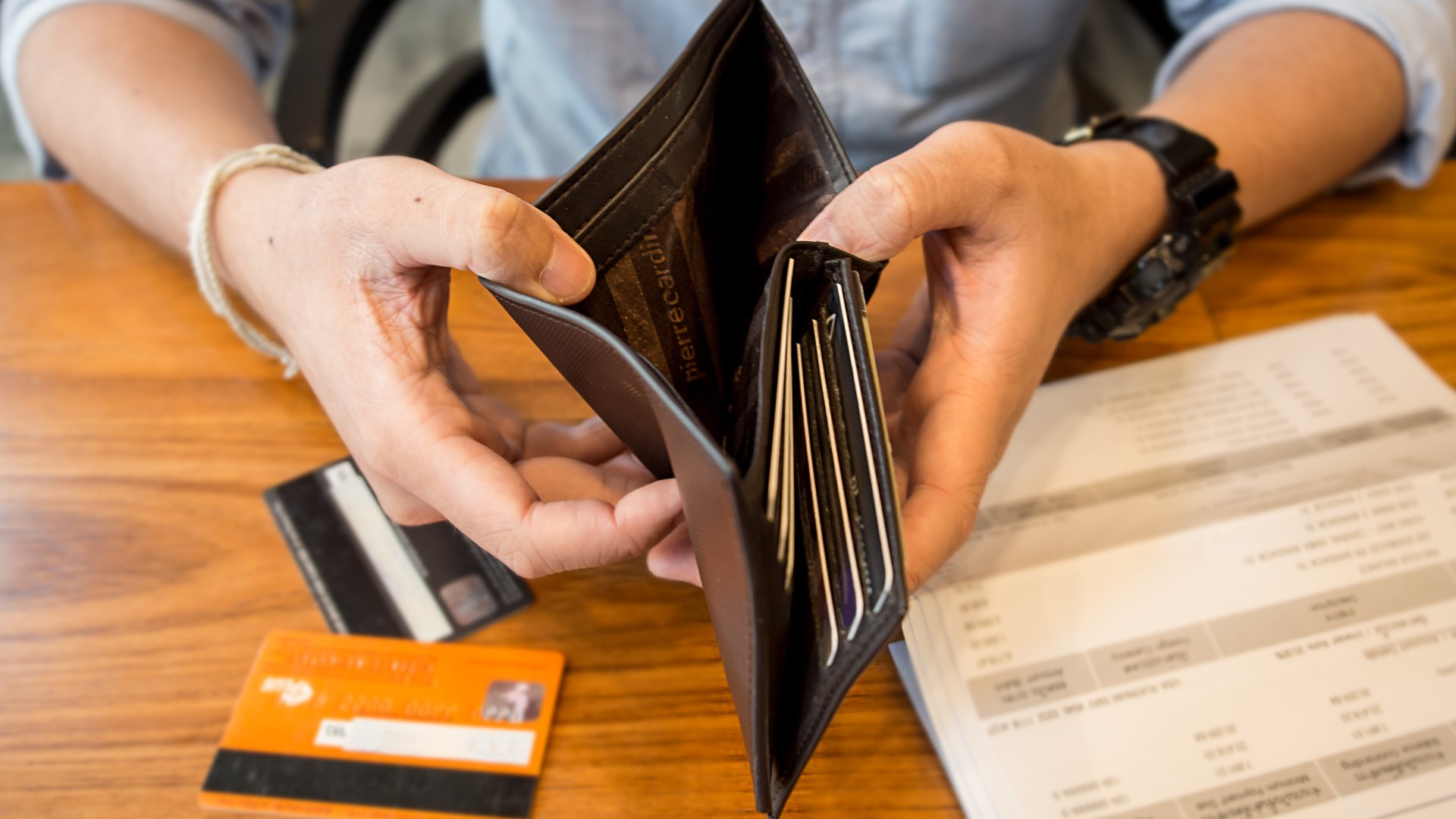HARRISBURG, Pa. — About 59 million Americans added to their credit card debt since the beginning of the pandemic.
"Some people are doing better and some people are doing worse," Ted Rossman with BankRate.com said.
For some Americans, the pandemic helped cut back their spending, and with the aid of stimulus checks they were able to pay down their debt. For others, who may have lost their jobs, they've added to their debt.
Rossman says that for those people who are a part of the latter group, it's important to start a plan to pay it down.
"I would definitely recommend making credit card debt payoff a priority," he said.
He says if you have credit card debt, look into transferring your balance to a 0% interest credit card, or, you can look into nonprofit credit counseling.
"Pulling any or all of these levers can help pay down that debt," Rossman said.
If you don't pay down your debt, leaving a high balance on your credit card could cost you for years to come.
"If you owe the average which, according to Experian is $5,525 of credit card debt, and you're paying the interest rate and you only make minimum payments then you're going to be in debt for 16 years and you're going to end up paying more than $6,000 on top of the 55-hundred and change you already owe," Rossman said.
He says whether you find yourself financially better off since the pandemic began, use it as a way to reevaluate your budget.
"I always try to be careful about how I say this because you want to have fun, go out, and do things and we're thankful things are getting better," Rossman said. "But, this is an opportunity to really revisit that budget and make less credit card debt part of your new normal."
Five tips Bankrate.com offers to people overwhelmed by credit card debt are:
- Consider credit counseling: a nonprofit agency can help guide you in the right direction.
- Get a balance transfer card: a 0% APR balance transfer card can help you pay down your debt faster.
- Talk to your lender: explain your situation; they may be able to lower your interest rate.
- Look for ways to boost income: seek out a side gig, take on a second job, or look for a new (higher-paying) one.
- Learn the ins and outs of credit: understanding what impacts your credit score can help you improve it.

